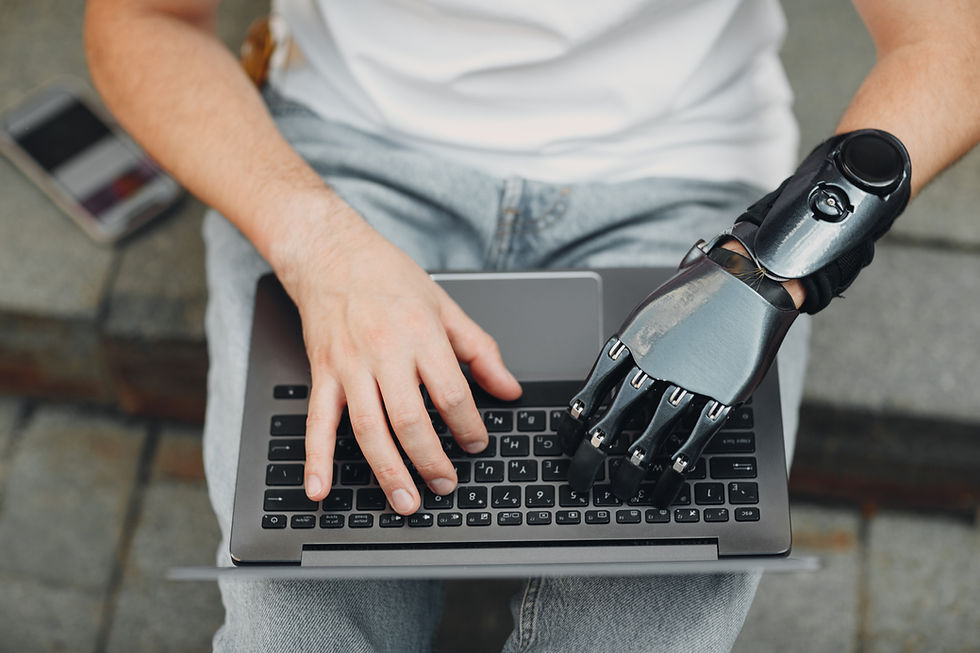The Effect of Alcohol on Anxiety
- The BRO Program

- Jun 25, 2024
- 2 min read
Why can alcohol be bad for us?
Alcohol has been described as the UK’s favourite coping mechanism, and many of us drink to manage low mood, anxiety and stress.
Alcohol can feel beneficial initially, causing us to feel relaxed and more confident, but long-term use of alcohol to cope can have adverse effects.
Studies have shown that increased alcohol use is always associated with higher levels of anxiety. This relationship works both ways, with individuals showing early signs of anxiety disorders being more likely to develop alcohol dependence.
Alcohol is a depressant. We can hear this quite often when being warned about the effects of alcohol, but this is what it means:
A depressant slows the body down. It has the opposite effect of stimulants such as caffeine and impacts how the brain communicates with the nerves in our bodies.
Depressants affect a neurotransmitter called gamma-aminobutyric acid (GABA), which slows down your brain activity by making nerve cells able to send, receive or create signals. This has side effects of drowsiness, slurred speech, problems with coordination and decreased inhibition.
Drinking a lot of alcohol in a short amount of time can lead to more side effects such as memory loss, comas and reduced alertness.
Can alcohol affect me the same way as my anxiety does?
Drinking alcohol can mimic many symptoms of anxiety. If you drink alcohol and don’t initially have anxiety, the long-term effects of alcohol can be developing anxiety or depression.

The separate effects of alcohol can even be symptoms of anxiety for people who already struggle with anxiety.
Advice on socialising without alcohol
Here are six tips to enjoy going out without a drink
Stay confident in your decision: more and more people are now going alcohol-free, and you don’t owe anyone an explanation for why you’re not drinking.
Prepare your responses: If people ask questions, and you don’t want to tell them your reasons, try ‘I’m driving tonight’ or ‘I’m up early tomorrow’.
Try the non-alcohol versions: drinking water and soft drinks are good alternatives, but you can still enjoy the fun of drinking with mocktails or 0% beer and wine.
Be the organiser: If you plan the events, you can ensure they don’t involve alcohol. Whether it’s a dog walk, a coffee, or a concert, these options might help you avoid the conversations or pressure.
Find someone to do it with: if you want to go sober but don’t want to do it alone, find someone else in your group who won’t drink to make the experience easier and more enjoyable.
Volunteer to be the designated driver: This is foolproof. The people drinking will be grateful, and no questions will be asked about why you’re not drinking.




Comentários